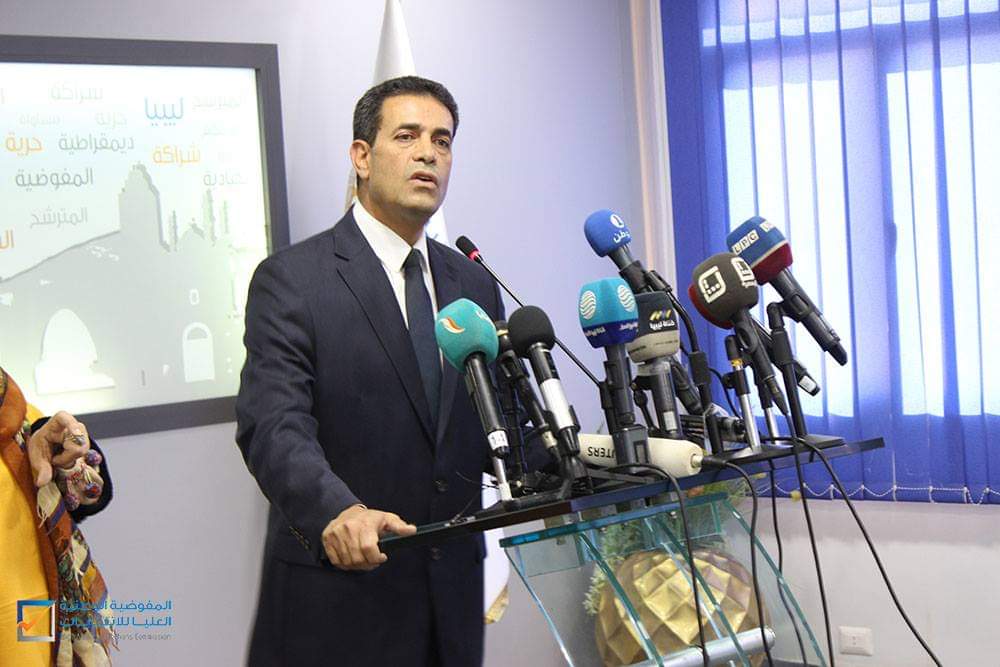By Sami Zaptia.

London, 4 December 2018:
Libya’s National Centre for Health System Reform (NCHSR) organized a workshop last Saturday in Tripoli on the public-private partneship in Libya’s health sector.
Under the banner of “PPP for sustainable health services and opening new horizons”, the workshop discussed various topics through the presentation of a number of papers.
These included the concept and role of PPP and the need for adequate regulations to encourage and protect PPP.
The head of the NCHSR, Samir Sagar, told the event that PPP in the health sector, post the Qaddafi control-economy era, was necessary.
He explained that Libya was behind in PPP and that the Libyan public health sector will be unable to fulfil all the Libyan citizen’s health needs.
Sagar said that there needs to be a change in the Libyan public’s perception of PPP and the role of the private sector in the health system.
The Lebanese health system was compared and examined as a case study for possible lessons for Libya’s health reforms.
It will be recalled that the NCHSR was set up in March 2017 by the Faiez Serraj-led Presidency Council and Government of National Accord to coordinate national efforts and international backing to reform and modernise the ailing Lbyan health system.
It is the child of a long health review and reform process that started with the 2012 Tripoli health conference and its subsequent recommendations.
It recommended that an autonomous health reform committee (NCHSR) be formed to carryout root review and reform of Libya’s ailing health sector.
Headed by Samir Sagar, it operates in collaboration with the health ministry, and springs out of the Libya Health System Strengthening Programme (LHSS), set up between the Libyan authorties and the European Union.
The NCHSR’s goal is to
- restructure the health system;
- ensure full funding for a service that is free to patients at the point of use;
- involve the private sector;
- have a healthcare service in line with international standards;
- decentralise;
- have a service where health workers, whether in the private or public sectors, are properly paid for their work;
- develop a master plan to achieve universal health care in Libya.
Serraj spells out reforms needed by Libyan healthcare system
Libya’s health sector reform moving ahead says head of committee
New head of TMC appointed – part of continued health reform programme










